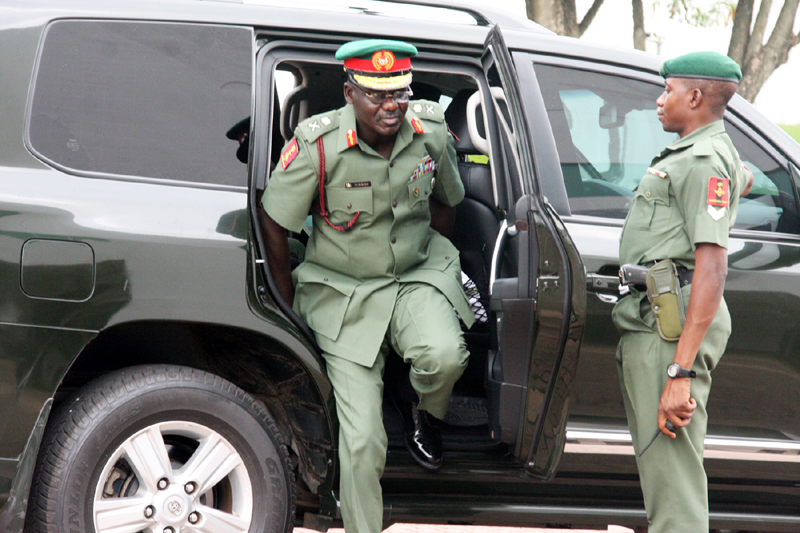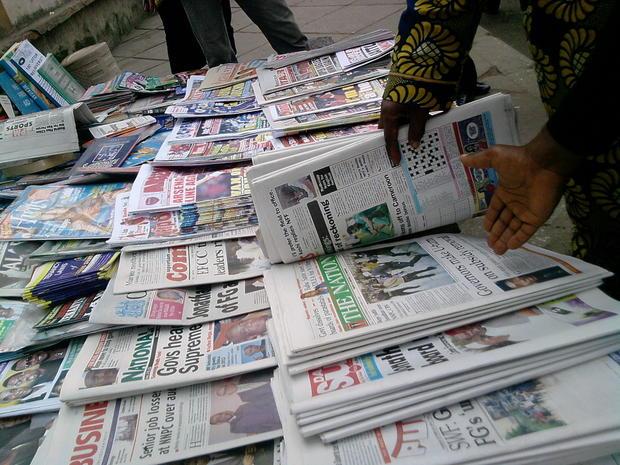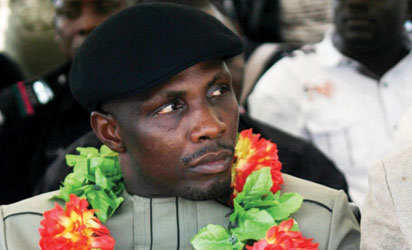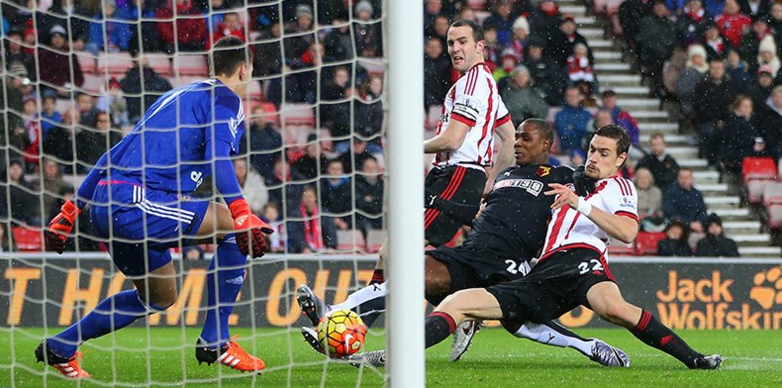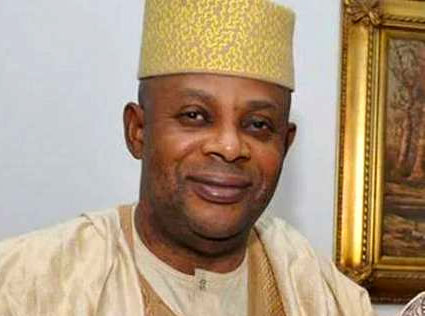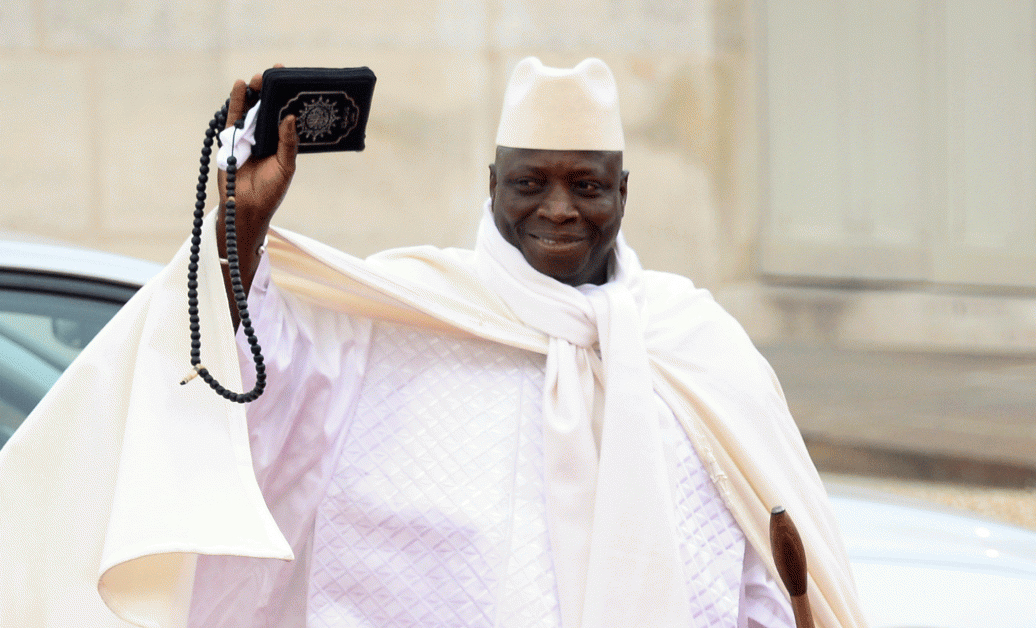BY CHIKA ONYENEZI
My mum was in the bathroom when fighter jets started bombing Enugu. Soon, Nigerian soldiers would enter Enugu. With her father and siblings, they left that night and moved back to their home in Awo-Omamma. They tried all they could to survive the war and hunger. The battle wasn’t just fought militarily, hunger and psychological warfare followed. They fed on cassava leaves and queued for succor at the red-cross stationed at Santana Primary School in other to survive. Biafrans were defeated in their stomach before they surrendered to the war machines. From my mother’s clan, many went to war and never came back. My mum is emotional about this epoch. As I kid, I loved listening to her tell stories of the war.
My mum believed that the war came with a lot of vices. She would often attribute recent criminal’s activities and selfishness among Igbos as a war spinoff. After the war, things fell apart. She might be right with her assertion because the psychological effects of the war have not been quantified by scientists. Unfortunately, no one has bothered to evaluate our post-war parents’ psychology. Many of them still suffer from trauma and other mental diseases that isn’t lunacy, more painful than lunacy. The realities of war opened their eyes. Through my mother eyes, I could see bombs exploding in Enugu. All around her was chaos. I could see how scared she was. I could feel her fears. Her eyes have seen all the things that war drags along with it.
They made it, she is alive, but a part of her was lost during that period. She can’t even understand this herself. The truth is that, each drop of blood that was spilled, each child with a bloated stomach, the wounded, echoes and echoes of firearms, are her burdens, her today’s realities, her pain and occasional nightmares.
My father wasn’t old enough to be at the war front at this time, so he worked at the airstrip at Uli with the Red Cross. His job included offloading relief materials from the planes. He often talked about the brave pilots that landed on that narrow tarmac with little or no light. He watched Ojukwu leave; he still recalls the sound of his voice, his last words, the suddenness, the defeat, his resilience, his shame knowing that Biafra has fallen, his last salute before going into exile. My father recalls all these details to this day and when he tells the stories, everything comes alive. In the final days of the war, one of the white men at the Red Cross made an attempt to smuggle him out of Nigeria, the Whiteman said that the war cannot be won. From the airport, they could hear the sound of bombs being dropped at the Onitsha axis. The war was coming closer to them. His first attempt to escape failed, the soldiers caught him. He made a second failed attempt to leave Biafra, this time the pilot hid him in the cockpit. His white friend had given instructions to the pilot on how to get him to Paris. On a last minute search, the soldiers found my father hiding in the cockpit. The man would make a third attempt by hiding in the cargo area, this time the plan took off and was ordered to land again, the soldiers discovered him and slapped him around for attempting to abandon his country and duty post. He was that stubborn. He was a realist and wasn’t ready to die for Biafra, his eldest brother paid the price at the war front. He never made it to Paris. He never made it out. But he learnt a lot from that ordeal. His war story is different. He had foods; he had access to clean water. That wasn’t others realities. That was how my father survived anyway.
Advertisement
Growing up in Owerri, my father would often send me to get the chairs repaired at the carpenters place. It was just a few meters away from our house. God damn it, those chairs always needed repairs. I must have been there a thousand times for repairs. The carpenters always discussed Biafra, contorted history, propaganda, fallacies and alternative history. They loved Ojukwu. They loved the tenacity and defiance of the Igbo people. Igbos are proud people. The ultimate goal of an Igbo man is to be independent and proud. If an Igbo is serving you, he hopes to be free one day, make his money and parking a car that is bigger than yours one day. That is his dream, it’s our dream; it’s a default.
So, you the intellectual, might seat somewhere in Boston with the facts and what actually transpired in Aburi. To the carpenters that I met, that is not the truth. Their truth is that Ojukwu stuck it to Gowon’s guts; he tricked Gowon into signing papers he didn’t understand with his superior reasoning as an Igbo man. You as an intellectual living in Boston might propose that Ojukwu was ambitious and selfish, but that is not their reality, their reality is that Ojukwu saved them from the nefarious Hausas that were slaughtering them like cows in the North. For them, Biafra war was necessary, a just war, and called-for. You as an intellectual living in Boston might disagree with the name “Biafra” as having nothing to do with the Igbo people. Again, that is not their reality; their reality is that Biafra is perfect. To them, Biafra has nothing to do with a bight offshore. Biafra is the name of their father’s brother that was shot dead. Biafra is the dead body of their sisters, mothers, fathers, friends, and uncles, who never returned from the North and from the war till this day. Biafra is the picture of bloated tummies and dead bodies. Only you the intellectual is bothered about the name Biafra, that is not their realities, they don’t give a damn about what you interpret it to be. To the carpenters that I visited nearly every week, their realities are different from the ones you conjure in Boston; a replica of the American society you are forcing yourself to adapt to. They have the side of history that they want and sadly, they don’t read your Facebook posts with 1000 likes on them. To cap the sad epistle, the government has a different set of realities and don’t give a fuck about what the intellectuals or the masses think. No one is willing to shift from his reality to understand the other; this is the advanced tragedy of the Nigeria nation. We are still experiencing colonial hangover, whatever that is. We are still trying to understand our very own political system, is not part of us. We still don’t understand the alien technologies being heaped on our shorelines daily from different parts of the world; it is different from how we would have made them to be. We are still wondering and figuring out the religion that was handed over to us, sometimes we confuse God for Amadioha.
Owerri was one of the major fronts during the war. When I was a teenager and adventurous, I remember picking up bullet shells, and rusted metals along the way. We could tell they were from the war days. My war stories at this time were mainly composed of things I could find (like bullets and metal scraps), stories from my parents, and stories by the carpenters. It was later that I began to read Biafra war literatures. Honestly, my war stories at this point may not be objective, but they were the truth I held dear back then. They belonged to my parents, and they belonged to me. I wanted Ojukwu to lead us to war again. I became very suspicious of Hausa’s. I avoided walking on the same path with them. I heard they carried daggers and could kill people at will without thinking. At that point in my life, the most dangerous thing after poison were the Hausa’s who took my fathers brother, gutted pregnant women, and raped many girls during and after the war. I was on a very dangerous path without realizing it. I was able to escape because I sought my own truth; I tried to balance everything out myself. Today, I understand more than ever. I understand that Biafra can never be a substitute for good governance. I understand that Hausas are not killers. Maybe, they are expressing their realities in a different way. Hate cannot triumph. I understand that Hausa’s are not responsible for decay of social and industrial infrastructure in the Eastern Nigeria. The Igbos are responsible for their own woes, the governors are responsible, the politicians have sucked the land dry. Governors like Rochas have refused to pay pensioners. But again, chains of events might not let the carpenters see it like this. Their default state is to blame Nigeria and ask for Biafra. Who cares if the architect of your problem is your very own uncle who has amassed wealth for his children children? He is Igbo too and lives beside your hut.
Advertisement
A 21 years old girl, Nkiruka Anthonia Ikeanyionwu, was shot dead on the second of December 2015. Her crime was a non-violent protest at the Niger Bridge. Members of IPOB were shot dead on that bridge too, and on the same day. I want to make a case for Biafra, not because I believe in it as an idea, but because Biafra has become a consciousness, a fable, a legend, and hope for the people. The word Biafra to them is as sacred as the Eucharist. Personally, I don’t see the idea of Biafra becoming a solution for the problems of the Igbo people. But, I will be a damn fool to sit in Florida and believe that I know what is good for the man living in Igboland. I don’t know who this young girl is, but I know that she stood on that bridge because of the stories she heard about the war. Maybe her parents are still traumatized by the war, maybe she felt their pain. She stood on that bridge for passion, for the blood spilled, for what she believed in. I was once just like her, and many of us were. She is dead, but she is not a coward. You might stay in your Lagos or Abuja apartment saying that she deserved this. Truth be told, she was murdered by the Nigerian state. This murder has been going on for a long time.
A few Igbos have abandoned the idea of Biafra, and by this given the dead a chance to rest in peace. But for many others, it’s about the fact that life is tedious and unbearable. It is about poverty, political inequality and lack of national consciousness. It is about the heaven called Biafra that was promised on Ahiara declaration. It’s a way to seek revenge on a state that has no plan for their future. It is the voice of the dead crying for beatification and sanctity of their sacrifice. Without actualizing Biafra, then millions of people would have died for nothing.
The problem of intellectualism in Nigeria is the dangerous disconnect between the common man and those who call themselves intellectuals. The intellectual sits somewhere in the west, or lives in a safe neighborhood somewhere in Nigeria, he has political friends, he can make the call for his safety and the police will come to his aide. Not the common man, there is no hope for the common man. He has no voice. He opens his shop in the morning, the government touts molest him, armed robbers molest him, and unkind people abuse him. Maybe he has to trek to work that morning, and he has children fees to pay. The church levies bother him. He has not made any profit since morning. He is angry. He is mad at the society, at himself, at the driver that splashed muddy water on his shirt while on his way to work. The driver is an intellectual, larger-than-life persona who has dedicated his life to analyzing political issues in Nigeria. The truth is that both the former and later has different sets of realities.
Nigerian intellectualism involves making choices for the common man without understanding or consulting him. You are part of the problem and the system that has built its reality far from its head. For you, you can’t see further than what is before you. You contort reality with grammar at the expense of your educated audience. This is why we can’t understand Biafra. This is why we can’t see what is coming. Biafra will keep resurfacing. A leader will emerge from the people. This leader has not seen the four walls of a university. This leader is vicious and ready to lead the people who are willing and destroy those that aren’t. His methods will be unconventional; Nigeria will be thrown into anarchy. He will use all the tricks in the book to achieve his Biafra. May that day never come, but the reality is that we are inching towards it.
Advertisement
Biafra is a voice. Biafra is an echo that will go into the future. Biafra is a brutal future and a brutal past. The intellectual, the government, the people are basking in different realities. But, one day the people will win. The commoners will take the day and bourgeoisie will pay for it. This is my case for Biafra.
Onyenezi is an artist based in Florida, and also a Ph.D student at Nova Southeastern University
Add a comment

